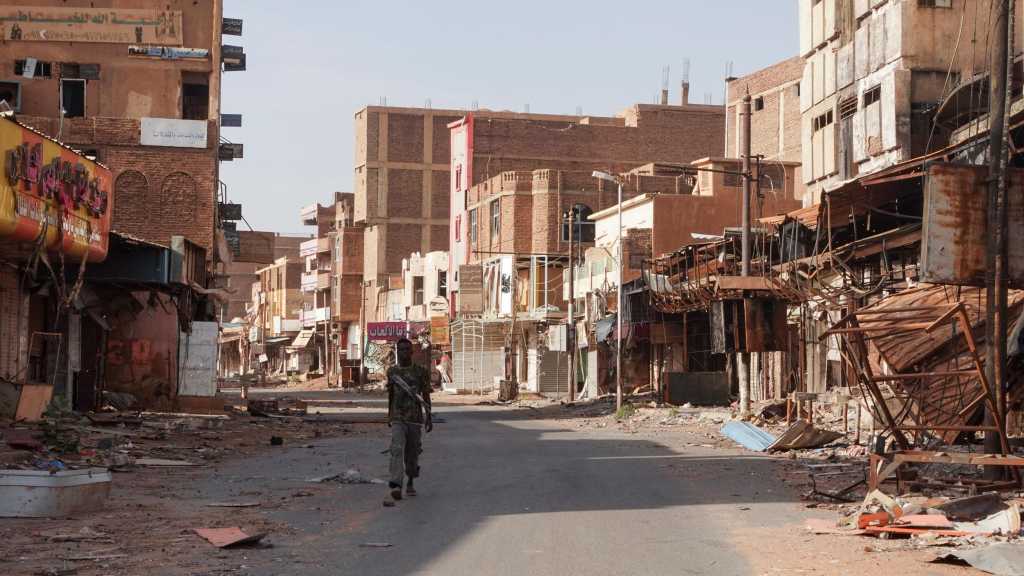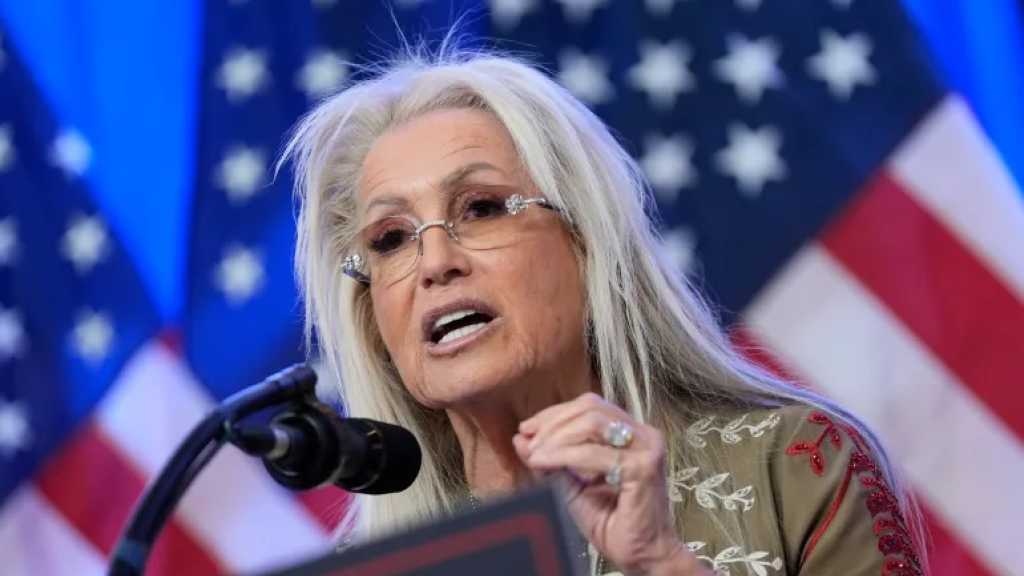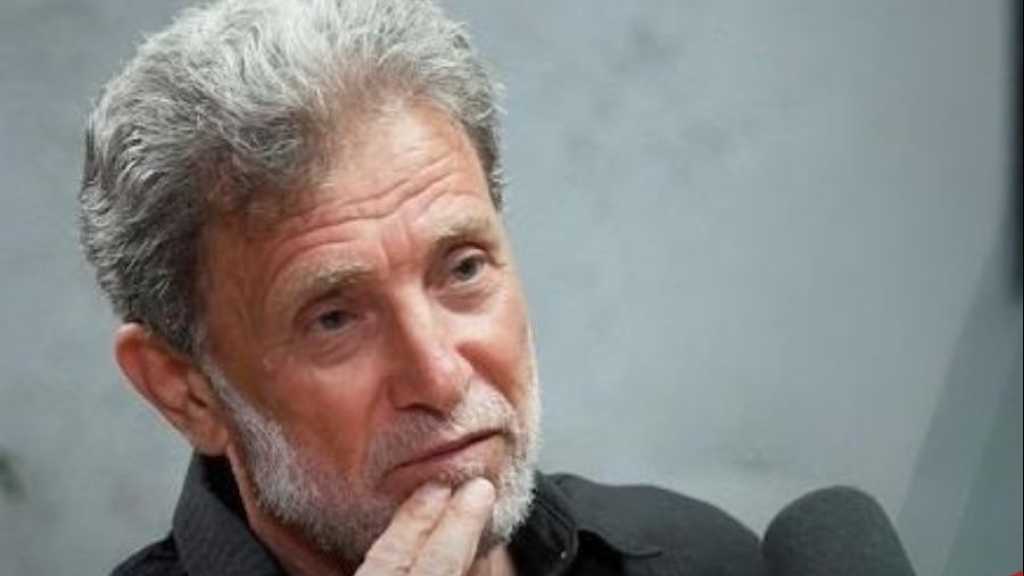Sudan’s Silent Catastrophe

By Mohamad Hammoud
Sudan has long been a land of promise and pain. Once Africa’s largest country, it was shaped by colonial borders and recurring wars. The 2011 secession of South Sudan ended one conflict but left deep wounds and fragile institutions. After the 2019 uprising that toppled Omar al-Bashir, hopes for democracy flickered—only to be extinguished by a new and devastating war.
The conflict erupted in April 2023 between the Sudanese Armed Forces [SAF], led by General Abdel Fattah al-Burhan, and the paramilitary Rapid Support Forces [RSF], commanded by Mohamed Hamdan Dagalo, known as Hemedti. What began as a power struggle between two generals has become a catastrophe consuming the country. According to the United Nations, thousands are dead and more than eight million displaced, creating one of the world’s worst humanitarian crises.
The Roots of a War-and Its Hidden Hands
The war is often portrayed as an internal power struggle, yet foreign hands and old ambitions run deep. Long ago, pro-Zionist strategists dreamed of a divided, weakened Sudan—one incapable of resisting “Israel’s” regional designs. That dream is now playing out amid the country’s collapse.
The United Arab Emirates, increasingly active across the Middle East on behalf of “Israeli” interests, has invested heavily in the conflict. The Guardian and Reuters reported that Abu Dhabi has supplied funds and weapons to the RSF while denying involvement. Analysts say the Emirates seeks control over Sudan’s lucrative gold and a stronger foothold on the Red Sea, one of the world’s busiest trade routes. Hemedti’s network controls much of Sudan’s gold, smuggling billions through the UAE—a trade that sustains his war machine and enriches his foreign patrons.
The Forgotten Atrocities
What the world rarely sees is the horror on the ground. The RSF’s campaign has been marked by atrocities reminiscent of ISIS. CNN and Associated Press reports describe mass executions, ethnic cleansing in Darfur, and villages burned to ashes. “They came in trucks and shot everyone,” one survivor told AP News, recounting how his entire community was wiped out.
These are not isolated crimes but deliberate terror meant to seize land and resources. The UN’s human-rights envoy said the scale of violence “may constitute crimes against humanity.” In Darfur, women are assaulted, men executed in groups, and children forced to flee across borders. Yet despite these horrors, global outrage remains faint—drowned out by louder wars and selective compassion.
Why the World Looks Away
The question haunting Sudanese civilians is simple: why does the world not care? Part of the answer is exhaustion. After Ukraine and Gaza, attention and aid are scarce. Western governments, BBC News noted, see little strategic gain in another complex African war.
But silence also reveals hypocrisy. When conflicts touch Western borders, they dominate headlines; when they destroy African nations, they fade into obscurity. Sudanese writer Nesrine Malik wrote in The Guardian that “the world’s indifference to Sudan is not about compassion fatigue—it’s about whose suffering counts.”
Meanwhile, regional powers exploit the chaos. Egypt quietly supports Burhan’s army to shield its southern border. The UAE backs Hemedti for profit and influence. “It’s a proxy war for money and minerals,” a senior UN official told Reuters, describing Sudan as “a battlefield where greed outweighs humanity.” Russia seeks a Red Sea naval base at Port Sudan to expand its influence.
Even China, while less militarized, profits through arms sales and trade, ensuring access to gold and infrastructure contracts.
The Human Cost and the Road Ahead
In cities like Omdurman and El Geneina, gunfire has replaced daily life. Hospitals lie in ruins; aid convoys are looted. The World Food Program warns that famine is imminent, with millions on the brink of starvation. “We are witnessing a collapse of humanity,” said WFP’s country director, Eddie Rowe, in remarks reported by CNN.
Still, amid despair, fragments of hope remain. Young Sudanese activists document atrocities, organize relief, and demand justice. They know peace will not come from the generals or their foreign sponsors but from a people determined to reclaim their nation’s dignity.
Sudan’s agony is not only a national tragedy—it is a mirror of the world’s moral failure. A country rich in culture, minerals, and history is being dismantled by greed and geopolitical manipulation. Until the world confronts those fueling this fire—from Abu Dhabi to “Tel Aviv”—Sudan’s suffering will remain unseen, its people left to perish in silence.



